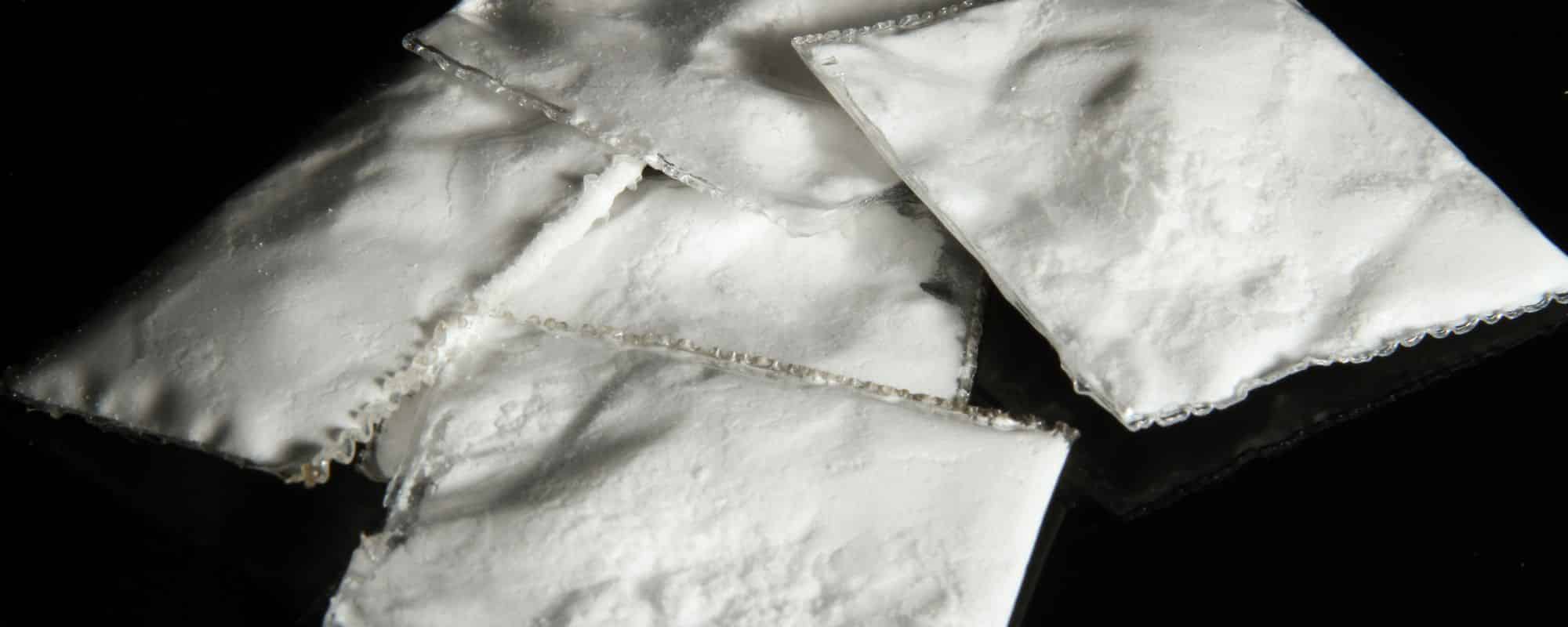Ketamine is a potent dissociative drug that works on the brain and body. Used as an anesthetic and antidepressant, it also produces psychedelic effects. Popular as a party drug, ketamine has medical usage, but is commonly abused recreationally. Yet, using ketamine is high-risk, as it can lead to addiction. For those dependent on the drug, discontinuing use could cause Ketamine withdrawal symptoms. These are often painful, always uncomfortable, and can lead to relapse back into ketamine.
Ketamine Withdrawal Symptoms
Withdrawal symptoms from ketamine typically last about 4-8 days. However, they can last up to a month. In some cases, individuals also develop post-acute symptoms after they’ve done the initial detox. Some of the symptoms may include:
- Cravings
- Headaches
- Stomach aches
- Insomnia
- Exhaustion
- Fast heart rate
- Trembling
- Nausea
- Sweating
- Chills
- Paranoia
- Depression
How to Manage Ketamine Detox and Withdrawal
Unfortunately, ketamine withdrawal is something you have to get through to be free from the drug’s hold on you. Yet, it can be extremely difficult because cravings and the physical and mental effects are strong and difficult to ignore. In many cases, withdrawal is the reason people relapse. The best way to detox from drugs is at a professional treatment center.
Self-Assessment: Am I Addicted?
"*" indicates required fields
Ready to Get Help? Get in Touch Today.
"*" indicates required fields
What Is Ketamine?
Ketamine is a dissociative anesthetic drug that is often used recreationally. Because of its side effects, it has gained a reputation as a party drug. These effects include hallucinations, dissociation, distorted perceptions, sedation, euphoria, and pain relief. Along with illegal recreational use, ketamine can be prescribed for depression, chronic pain, migraines, or cancer pain. Also, it is sometimes used as anesthesia for surgery. Notably, ketamine is a Schedule III Controlled Substance, meaning it has medical use but also abuse and addiction potential. It is illegal to use ketamine without a prescription, but it is manufactured and sold on the black market.
Why Is Ketamine Called a Party Drug?
Ketamine produces powerful psychedelic effects that have earned it the label of a party drug. It’s not uncommon for people to use ketamine as a social activity or at clubs. Ketamine is a “trippy” drug that is often illicitly used for the high.
Can You Overdose on Ketamine?
Yes, it is certainly possible to overdose on ketamine. Ketamine toxicity is a serious concern for those who take too much of the drug. Notably, overdose symptoms can include:
- Abdominal pain
- Unconsciousness
- Dizziness
- Confusion
- Nausea
- Respiratory depression
- Seizure
- Coma
- Death
Professional Ketamine Treatment and Rehab
If you struggle with ketamine use, your best hope of recovery is through a professional treatment center. At our drug rehab facility, we walk individuals through the process of healing from their addiction. Beginning with detoxification, guests remove ketamine from their system to start fresh. Next, residential inpatient treatment helps guests explore the deeper reasons for their addiction. Outpatient treatment prepares them to re-enter their lives as sober people. After graduating from rehab, aftercare keeps our alumni connected to support in a transitional stage before total independence. If you have a ketamine dependency, you will benefit from professional drug rehab. Please contact us today to begin the levels of care.
Questions about treatment options?
Our admissions team is available 24/7 to listen to your story and help you get started with the next steps.
Vogue Recovery Editorial Staff
Latest posts by Vogue Recovery Editorial Staff (see all)
- What to Know About Ketamine Withdrawal Symptoms - March 31, 2025
- Does Kratom Cause Withdrawal Symptoms? - March 31, 2025






